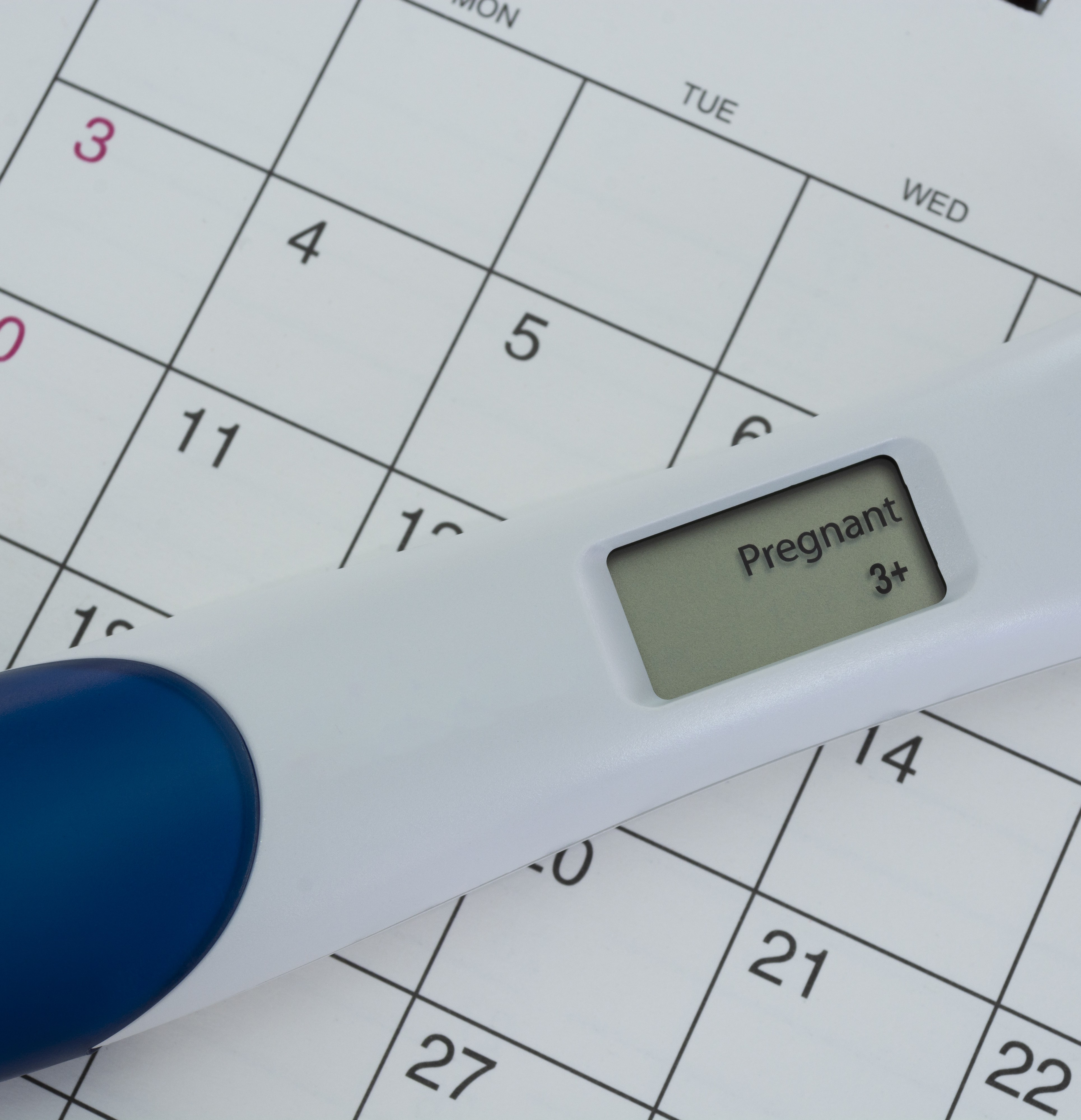
Intrauterine Insemination (IUI)
Fertility Medications: What Medications May be Used?
There are two oral medications that are most commonly used: clomiphene (Clomid®) and letrozole (Femara®).
Oral medications are taken at the beginning of the woman’s cycle, starting between day 3 and 5 of the cycle and continuing for 5 days.
A transvaginal ultrasound will be performed, usually around cycle days 10-12, to evaluate follicular response to the medication. Ideally, only one follicle will have responded to the medication. Some women may have two or more follicles, which could result in a multiple pregnancy.
Your physician may prescribe an injectable medication called human chorionic gonadotropin (HCG) to be given at a specified time to induce ovulation, about 40 hours before the IUI. This medication will cause the egg to leave the follicle and start moving down the fallopian tube.
For other patients, injectable medications may be prescribed to stimulate the ovaries. Gonadotropins such as Menopur®, Bravelle®, Gonal-F®, or Follistim® will be prescribed by your doctor and you will be closely monitored by ultrasound for follicle development. Some women develop multiple follicles with gonadotropin therapy and risks of this therapy include multiple pregnancy.


